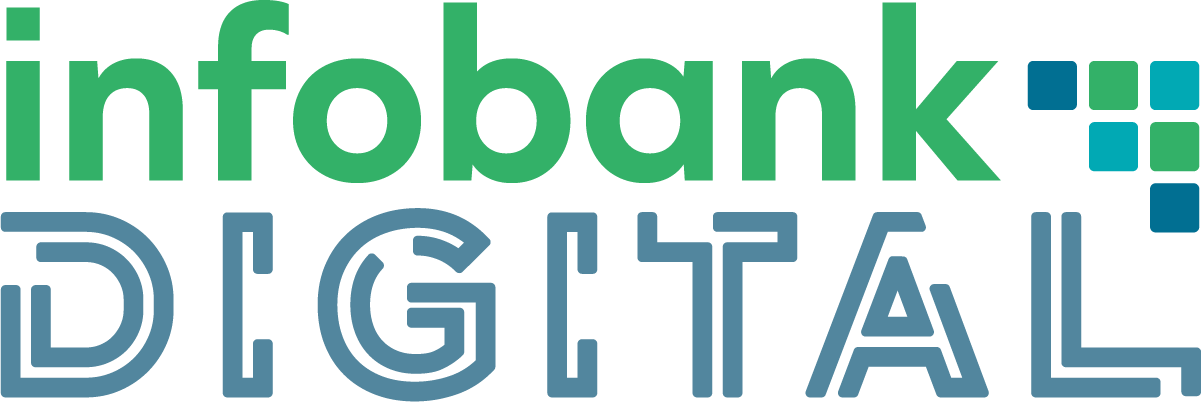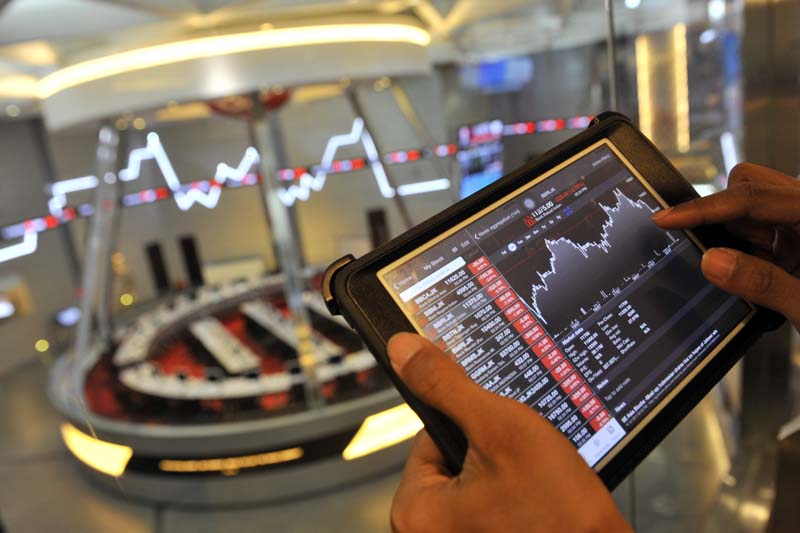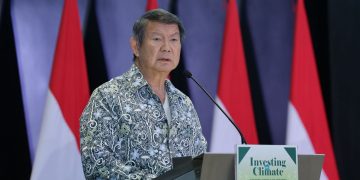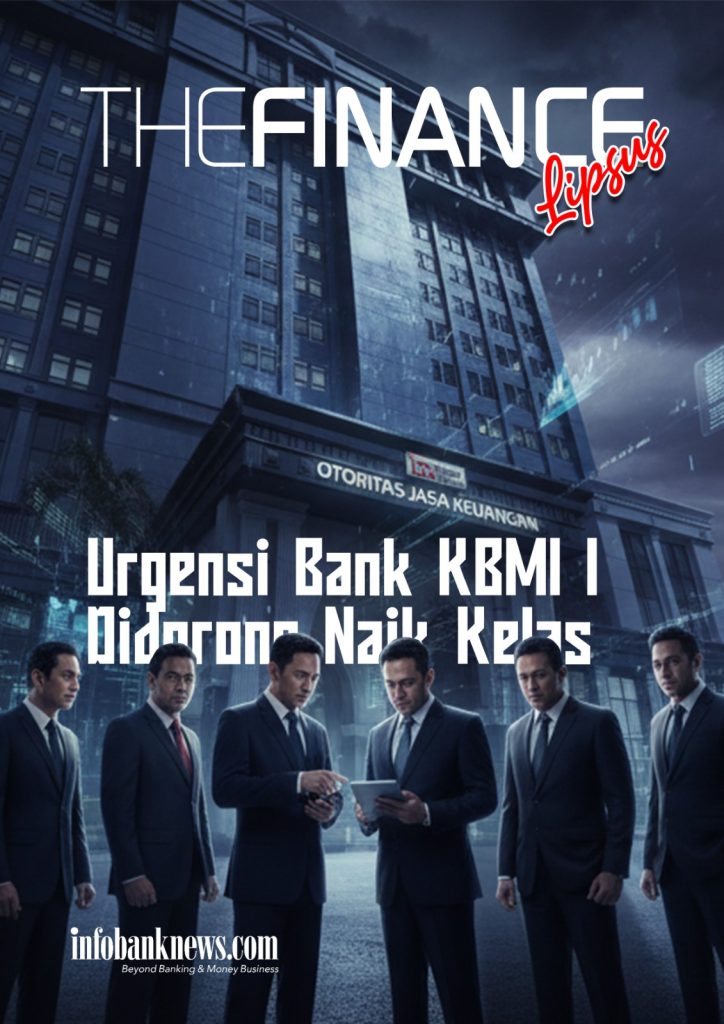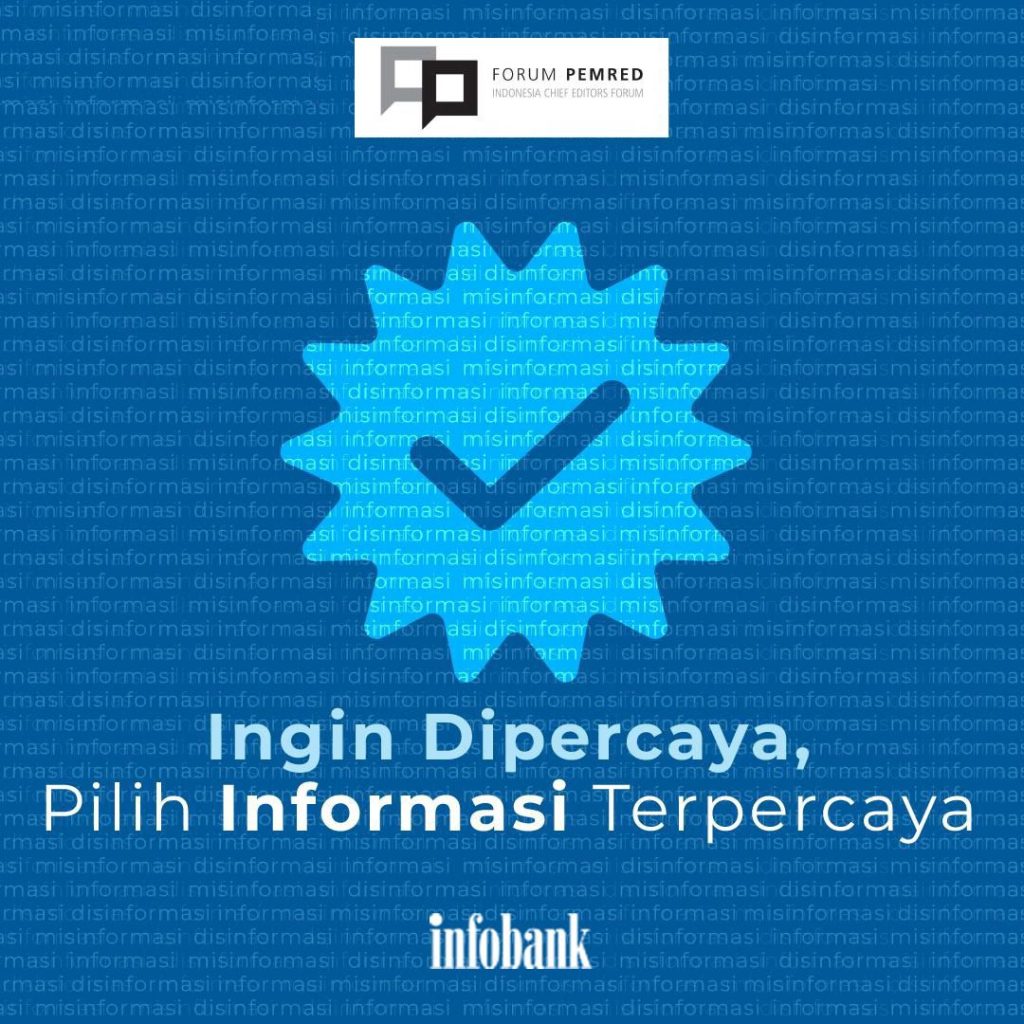By Eko B. Supriyanto, Chairman of Infobank Media Group
jakarta – The Goverment has announced an increase in Value Added Tax (VAT) to 12 percent. The government decided that the 12 percent VAT is only for luxury goods. However, why is the top up of electronic money or e-money affected by this policy. So far, many people do not know that electronic money transactions are subject to 11 percent tax. Not everyone understands that since 2022 electronic money transaction fees are taxed, and now some merchants have just realized that they are taxed.
The interesting question is that when there was confusion about the 12 percent VAT, people just realized that the merchant was subject to fees and tax. Previously, they did not understand. Socialization from the government is only about the convenience and greatness of Quick Response Code Indonesian Standard (QRIS) transactions, which can be used for transactions everywhere. According to Infobank Institute’s records, QRIS has indeed succeeded and developed massively across the country and also in several ASEAN countries.
It is Bank Indonesia (BI) that plays a big role in successfully mobilizing the public to use QRIS. Not only in Indonesia, but also in some ASEAN countries, such as Malaysia, Singapore, and Thailand. In fact, Japan and South Korea. Shopping with QRIS is easier.
According to Infobank Research Bureau (birI) records, the number of QRIS merchants as of the end of September 2024 reached 34.23 million or experienced a growth of 17.85 percent compared to the end of September 2023. When compared to the position at the end of 2023, it grew 12.55 percent. The number of QRIS users also “jumped”. The end of September 2024 reached 53.30 million users. Or, grew 27.4 percent compared to the position in September 2023.
The same thing happened with electronic money. As of the end of September 2024, the number of electronic money in circulation reached 894 million or grew 14.15 percent compared to the position at the end of September 2023, and 10.35 percent when compared to the position at the end of December 2023. The total volume of electronic money transactions in January-September 2024 reached 15.6 billion transactions, up 1.23 percent compared to January-September 2023.
Read also: Here's a List of Luxury Goods Subject to 12 Percent VAT
Nevertheless, there are several notes that at least need to be of concern to all. For example, quite a lot of merchants claim to be micro businesses. Banks, fintechs, and acquirers should be able to know your merchant – whether a micro business, small business, medium business, or large business. This is important because it involves different fees.
In fact, there are banks or fintechs that when recruiting merchants offer to include them in the micro merchant class. However, the merchant is charged separately by the bank, fintech or acquirer. Plus, there are some merchant aggregators whose licenses need to be clarified, but can be chameleons so that they can function in various ways, such as acquiring, switching, and remittance.
Well, these merchant aggregators help fintechs, banks, in recruiting merchants without looking at the merchant class, and many are included in the micro business class so they are free. Honestly, those who should be “criticized” are those who put merchants into the micro class so that they don’t pay fees. Many become micro class, or at best small businesses.
Back to the matter of the VAT increase to 12 percent for luxury goods, and the 11 percent merchant fee tax. Or, VAT is only charged on the merchant discount rate (MDR) levied by the Payment System Service Provider (PJSP) to the merchant owner. Not on transactions with QRIS. For example, Si Samin buys a refrigerator with QRIS for IDR 5 million, plus 11 percent VAT (IDR 550,000), then Si Samin still pays IDR 5,500,000 and nothing extra, even though he uses QRIS.
Honestly, there will not be much money input to the state treasury if the QRIS merchant is a micro business class. This is because the micro business transaction rate is 0 percent. Well, only 0.3 percent if the transaction is above Rp500,000. But, for small, medium and large businesses, the fee is 0.7 percent. For education services, there is a special rate. Affected by 0.6 percent. Meanwhile, gas stations are subject to 0.4 percent.
It must be admitted, in the midst of financial literacy that is still shallow, the digital literacy of our society is also still short. Hopefully, the misunderstanding of some people regarding the imposition of VAT on QRIS transactions can be a turning point for the development of digital transactions that have developed. Don’t let the public misunderstand, so they start to be reluctant to use transactions with QRIS for fear of being taxed. In fact, it is actually not taxable. What is subject to fees is the merchant and the taxpayer who enjoys the levy.
Electronic money transactions are not luxury goods, but why is charging electronic money taxed 11 percent. The government’s main problem now is related to communication or socialization. Do not let the confusion about QRIS, or taxable electronic money fees, stop the growth of small, medium and large merchants who are already taxed.
Read also: BI Trials the Application of QRIS Tap Based on NFC for Faster and More Practical Payments
And, don’t let the “ghost” of VAT for QRIS or electronic money transactions hit back and make people afraid to use QRIS or electronic money. Don’t get me wrong. Honestly, it must be admitted, the government itself is also not in one voice regarding the tax for QRIS, such as the statement of the Coordinating Minister for the Economy Airlangga Hartarto and the Directorate General of Taxes which are not the same. Although in the end, on December 31, 2024, the government announced that the 12 percent VAT would still apply. But, he said, only for luxury goods. Everything else remains subject to 11 percent tax.
Don’t let this debate about VAT for QRIS – even though it remains 11 percent for electronic money, top ups, and merchants – then we return to the “stone age” transaction model or return to using cash for transactions. Oh, it turns out that QRIS transactions have a tax. So far, some people do not understand.
Don’t do the wrong socialization or communication if you don’t want to see the public busy refusing to use QRIS. Do not let the debate about taxes on merchant fees become a new “ghost”, which can interfere with the greatness of QRIS and electronic money transactions.
The communication built by the government regarding this tax needs to be improved. Apparently, it is also difficult. If it’s just omon-omon, everyone can do it. (*)

